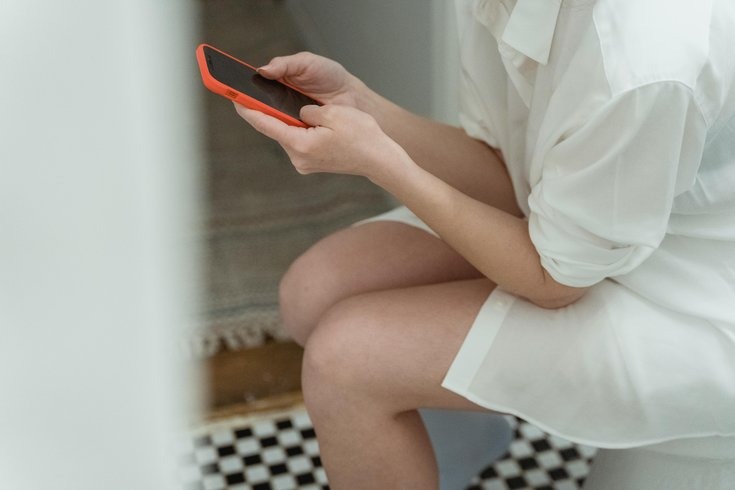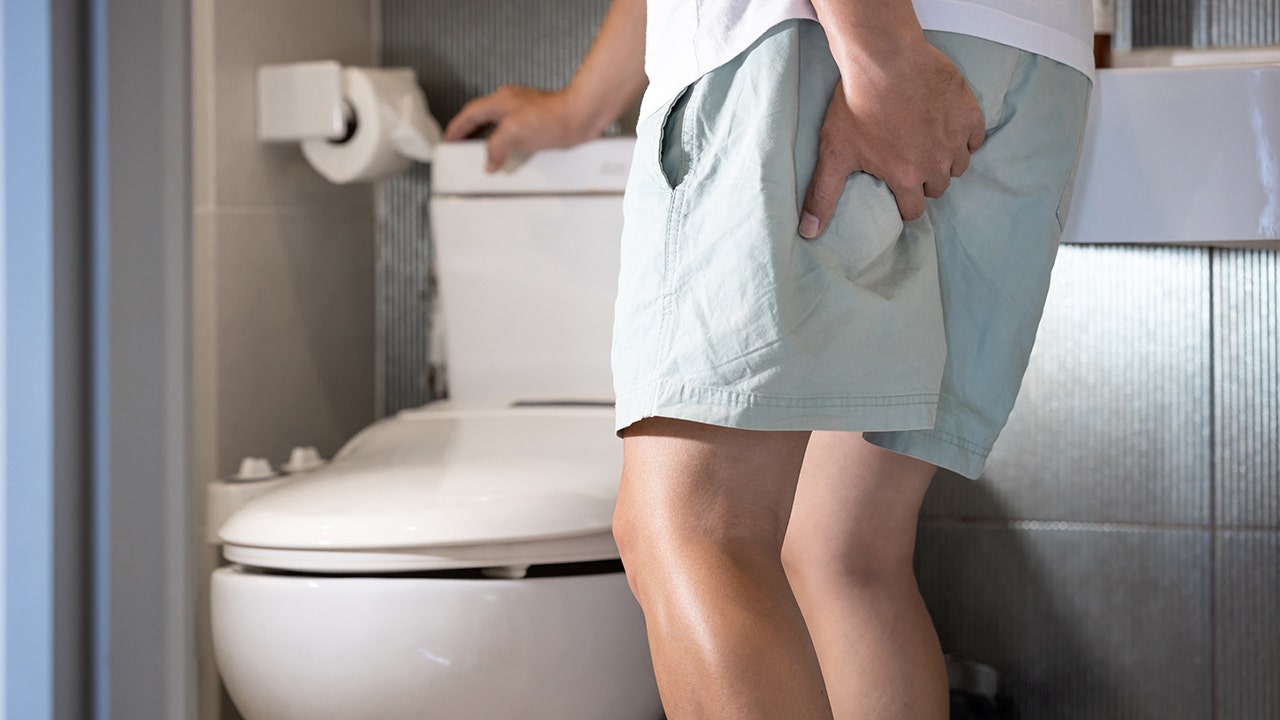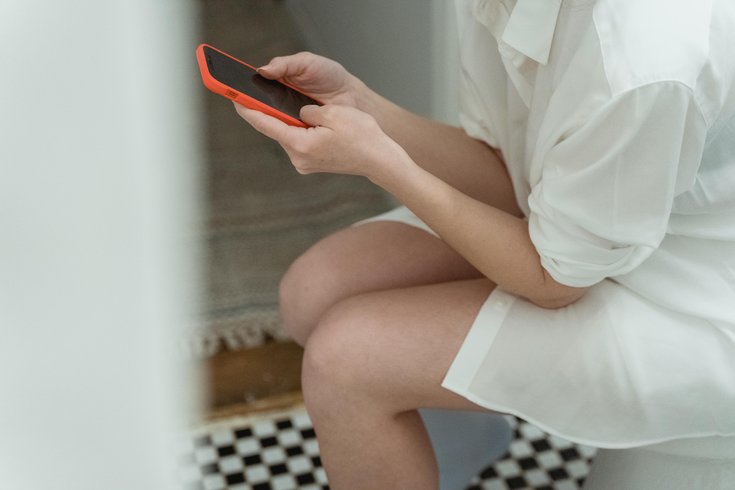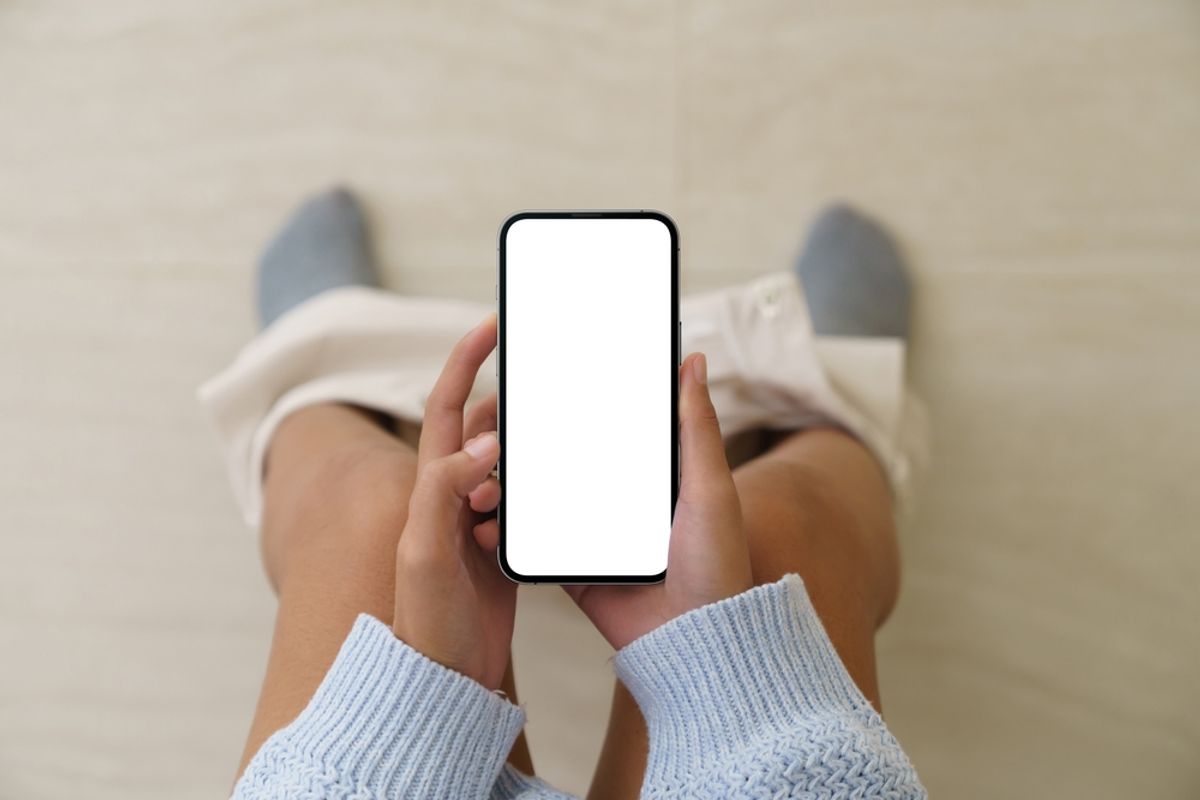Does Using Your Phone on the Toilet Increase Hemorrhoid Risk? A Health Guide
In today’s digital world, smartphones follow us everywhere, even into the bathroom. Many people use this time to scroll through social media, check emails, or play games. While it might seem harmless, health experts have raised concerns that spending too much time sitting on the toilet can increase the risk of developing hemorrhoids.
This article explores the connection between prolonged toilet use and hemorrhoids, why the habit of using phones in the bathroom might contribute to the problem, and what you can do to keep your digestive health in check.
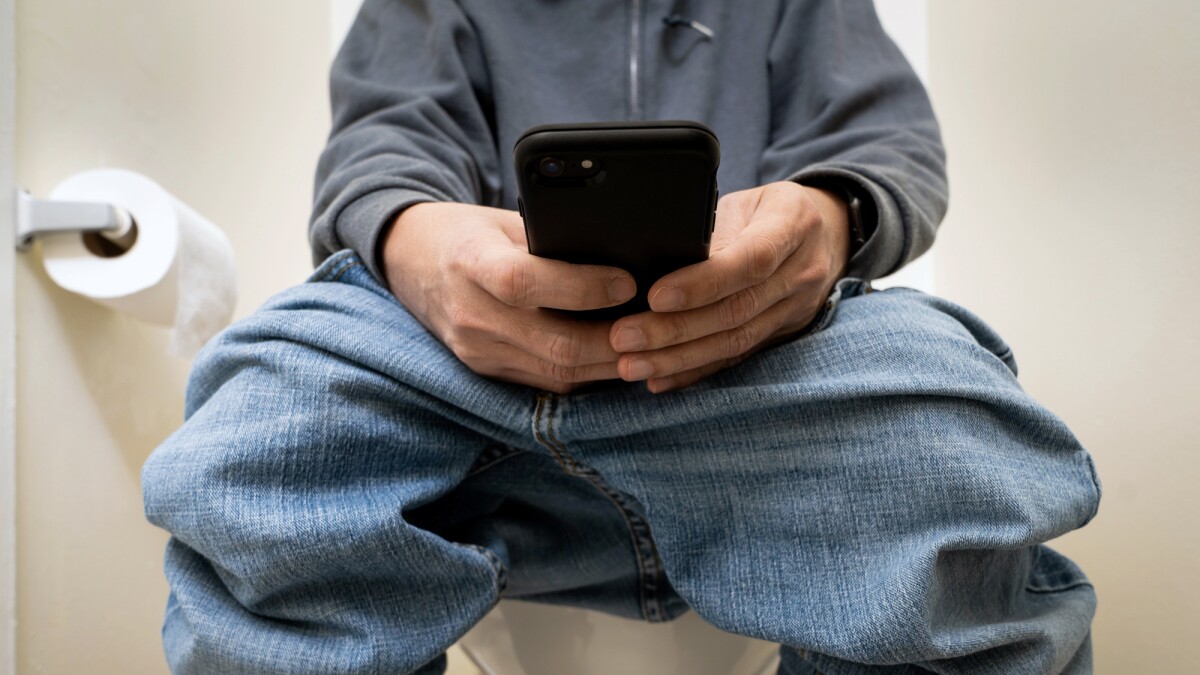
Understanding Hemorrhoids
Hemorrhoids are swollen blood vessels in the rectal or anal area. They can be internal (inside the rectum) or external (under the skin around the anus). Symptoms may include discomfort, itching, swelling, and bleeding during bowel movements.
According to the American Society of Colon and Rectal Surgeons (ASCRS), hemorrhoids are extremely common, affecting millions of people worldwide. While they are not usually dangerous, they can cause significant discomfort and impact daily life.

Risk Factors for Hemorrhoids
Hemorrhoids can develop due to several factors, including:
-
Straining during bowel movements
-
Chronic constipation or diarrhea
-
Sitting for long periods of time
-
Low-fiber diet
-
Pregnancy (due to increased abdominal pressure)
-
Obesity
-
Aging, as tissues supporting veins may weaken
Why Using Your Phone on the Toilet Matters
When people bring their phones to the bathroom, they tend to sit much longer than necessary. A normal bowel movement may take only a few minutes, but distractions from scrolling or texting can extend the time significantly.
Health experts explain that prolonged sitting on the toilet increases pressure on rectal veins. The position of sitting, combined with gravity, makes blood pool in the lower rectum. Over time, this can contribute to the swelling that causes hemorrhoids.
The Role of Toileting Habits
The issue is less about the phone itself and more about the behavior it encourages. Without a phone, most people finish their business and leave quickly. With a phone in hand, however, it is easy to lose track of time.
Research on hemorrhoids consistently identifies toileting habits as a contributing factor. While smartphones are a relatively new distraction, the principle remains the same: the longer you sit, the more strain you place on your rectal area.
Signs You May Be Sitting Too Long
If you regularly experience any of the following, it may be time to reconsider your bathroom habits:
-
Straining or spending more than 5–10 minutes on the toilet
-
Feeling incomplete emptying of the bowels
-
Noticing blood on toilet paper or in the bowl
-
Swelling or discomfort around the anus
These symptoms should not be ignored. While they may be due to hemorrhoids, they can also signal other conditions that require medical evaluation.
Tips to Reduce Hemorrhoid Risk
Fortunately, small lifestyle changes can lower your risk of developing hemorrhoids, even if you occasionally bring your phone into the bathroom.
1. Limit Toilet Time
Aim to spend only the necessary amount of time—generally a few minutes. If nothing happens, don’t force it. Try again later.
2. Avoid Straining
Pushing too hard increases pressure on rectal veins. Instead, allow bowel movements to occur naturally.
3. Increase Fiber Intake
A diet rich in fruits, vegetables, whole grains, and legumes helps soften stool, making it easier to pass without straining. The U.S. National Institutes of Health (NIH) recommends about 25–30 grams of fiber daily for adults.
4. Stay Hydrated
Drinking enough water helps prevent constipation, which is a major contributor to hemorrhoid development.
5. Exercise Regularly
Physical activity promotes healthy bowel function. Even simple daily walks can improve digestion and reduce constipation.
6. Use Proper Toilet Posture
Some experts suggest that raising your feet on a small stool while using the toilet can create a more natural position for bowel movements, reducing strain.
7. Seek Medical Advice When Needed
If you notice persistent pain, bleeding, or swelling, consult a healthcare professional. Treatments range from simple lifestyle changes to medical procedures, depending on severity.
Medical Treatment Options
While many hemorrhoids improve with at-home care, persistent cases may require treatment. Options include:
-
Over-the-counter creams and ointments to relieve itching and discomfort
-
Minimally invasive procedures such as rubber band ligation or infrared coagulation, performed by doctors
-
Surgical removal (hemorrhoidectomy) in severe cases
It is important to receive a proper diagnosis, since other conditions—such as anal fissures or colorectal disease—can cause similar symptoms.
The Bottom Line
Using your phone on the toilet does not directly cause hemorrhoids, but it encourages prolonged sitting, which increases pressure on rectal veins. Over time, this habit can contribute to the development of hemorrhoids, especially if combined with other risk factors such as constipation or straining.
By adjusting bathroom habits, maintaining a high-fiber diet, staying hydrated, and limiting screen time on the toilet, you can significantly reduce your risk. If symptoms appear, don’t hesitate to seek medical advice.
Your smartphone may be your constant companion, but the bathroom might be one place where you should give it a break—for the sake of your digestive health.
